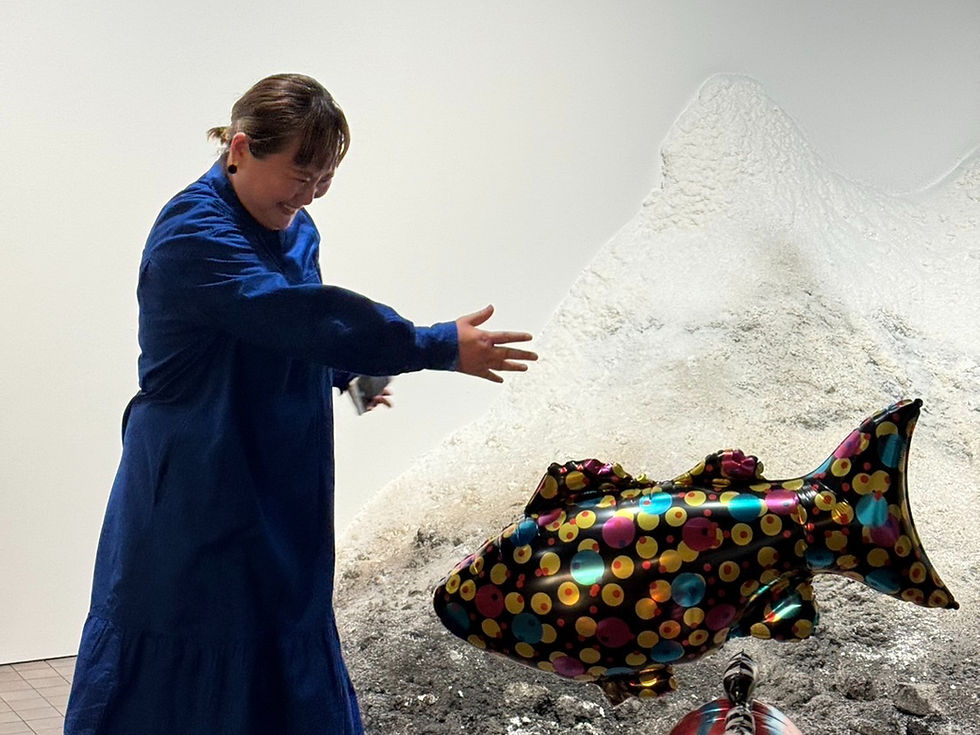Marek Prokůpek
- Jun 30, 2025
- 2 min read
Updated: Oct 22, 2025
11.23 Legal Forms of Cultural Organizations as a Factor of Effectiveness and Educational Impact: The Czech Situation (Poster)

Marek Prokůpek – Creative Industries & Culture Expertise Centre, KEDGE Business School, Czech Republic
Petra Šobáňová – vice-president of the Czech Section of INSEA | Department of Art Education, Faculty of Education, Palacký University Olomouc, Czech Republic
Abstract:
Cultural and memory institutions in the Czech Republic today face not only challenges related to funding, digitalization, and shifting audiences but also considerable uncertainty in terms of their legal status and institutional framework. This legal ambiguity significantly affects their ability to respond to changing societal demands and to fulfil the public interest in cultural offerings and education.
This contribution presents findings from a research project conducted by the Cultural Industries Research Group (CIRG) at Palacký University Olomouc, focusing on the analysis of the effectiveness of various legal forms of cultural organizations operating in the Czech Republic. Based on interviews and survey data, the paper identifies key issues, advantages, and limitations of specific legal structures in relation to management, financial stability, institutional autonomy, and the ability to carry out educational missions.
The contribution also opens a broader discussion on the need for systemic support in cultural management and legal innovation, which could enhance institutions’ capacities to plan and implement long-term educational strategies. One of the project’s practical outcomes is a forthcoming guide that offers a clear overview of the strengths and weaknesses of different legal forms, particularly with respect to their impact on educational and public-interest activities within cultural organizations.
This research is part of a broader CIRG initiative that investigates the transformation of cultural and media sectors in the context of law, digitalization, and evolving production and educational regimes.




Comments